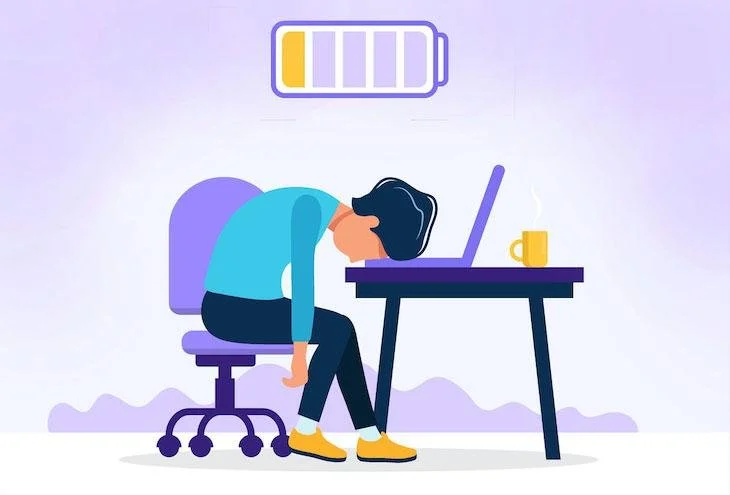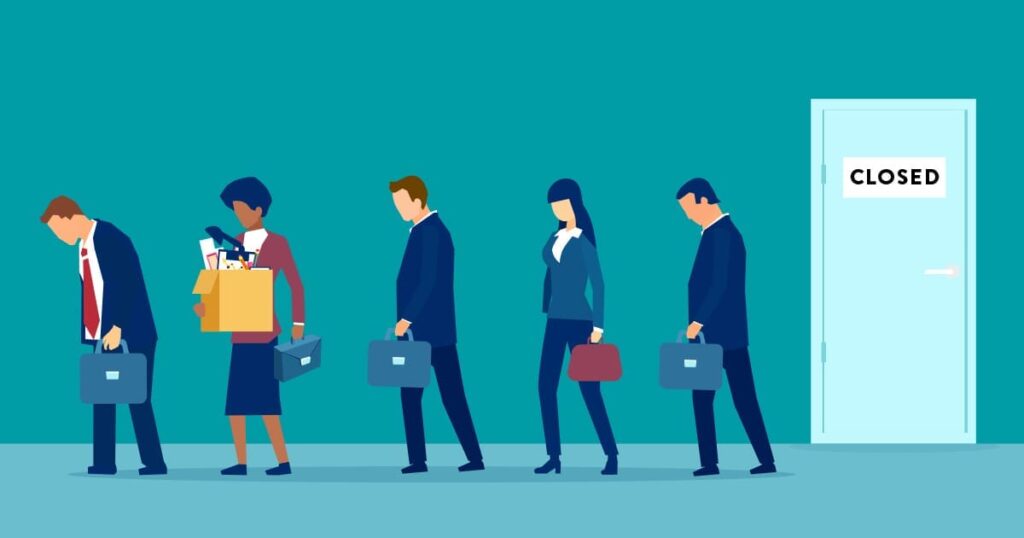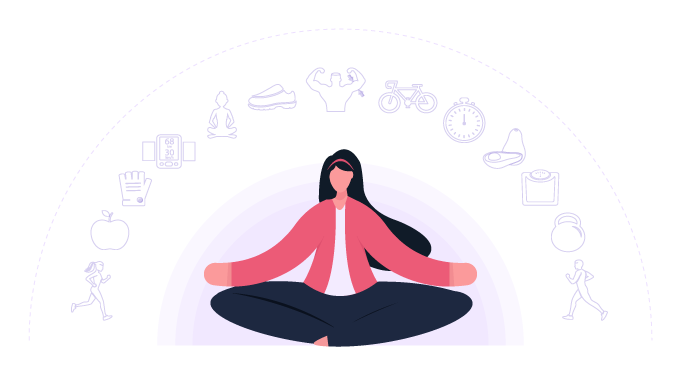Now Reading: Signs of Hidden Burnout: Spotting the Silent Strain in Modern Life
-
01
Signs of Hidden Burnout: Spotting the Silent Strain in Modern Life
Signs of Hidden Burnout: Spotting the Silent Strain in Modern Life

Burnout is often associated with visible exhaustion, but many people experience it quietly, especially in Tier-2 cities where awareness and resources may be limited. Hidden burnout creeps into daily life, affecting mental, emotional, and physical well-being without obvious signs. Recognizing these subtle indicators early can help individuals take steps to recover before stress escalates into serious health or professional challenges.
Constant Fatigue Despite Rest
One of the clearest signs of hidden burnout is persistent tiredness. Even after adequate sleep, people may feel drained or lethargic throughout the day. This fatigue can affect focus, decision-making, and motivation, making normal tasks feel more difficult than usual.
Emotional Detachment
Burnout often manifests as emotional numbness or detachment. Individuals may feel less engaged at work, disconnected from colleagues, or indifferent to achievements that once mattered. In Tier-2 cities, where social and professional networks are tight-knit, this emotional withdrawal can subtly affect relationships and teamwork.
Frequent Irritability or Mood Swings
Hidden burnout can cause mood fluctuations or irritability over minor issues. Stress accumulates quietly, making individuals less tolerant of everyday frustrations. Friends and family may notice subtle changes in behaviour, signaling that mental load is growing.
Reduced Productivity and Motivation
People experiencing hidden burnout may appear functional but struggle to maintain efficiency. Tasks take longer, creativity diminishes, and enthusiasm for new projects wanes. This decline is often mistaken for laziness, while the underlying cause is chronic stress.
Physical Symptoms
Chronic headaches, digestive issues, or muscle tension can accompany hidden burnout. Stress hormones affect the body even when mental strain is not obvious, leading to physical discomfort that persists over time.
Conclusion
Hidden burnout is a silent challenge that can impact anyone, especially professionals in Tier-2 cities balancing multiple responsibilities. Recognizing early signs—persistent fatigue, emotional detachment, irritability, reduced motivation, and physical symptoms—can help individuals address stress before it worsens. Proactive self-care, clear boundaries, and seeking support are essential to prevent burnout from taking a larger toll on health and life.

























